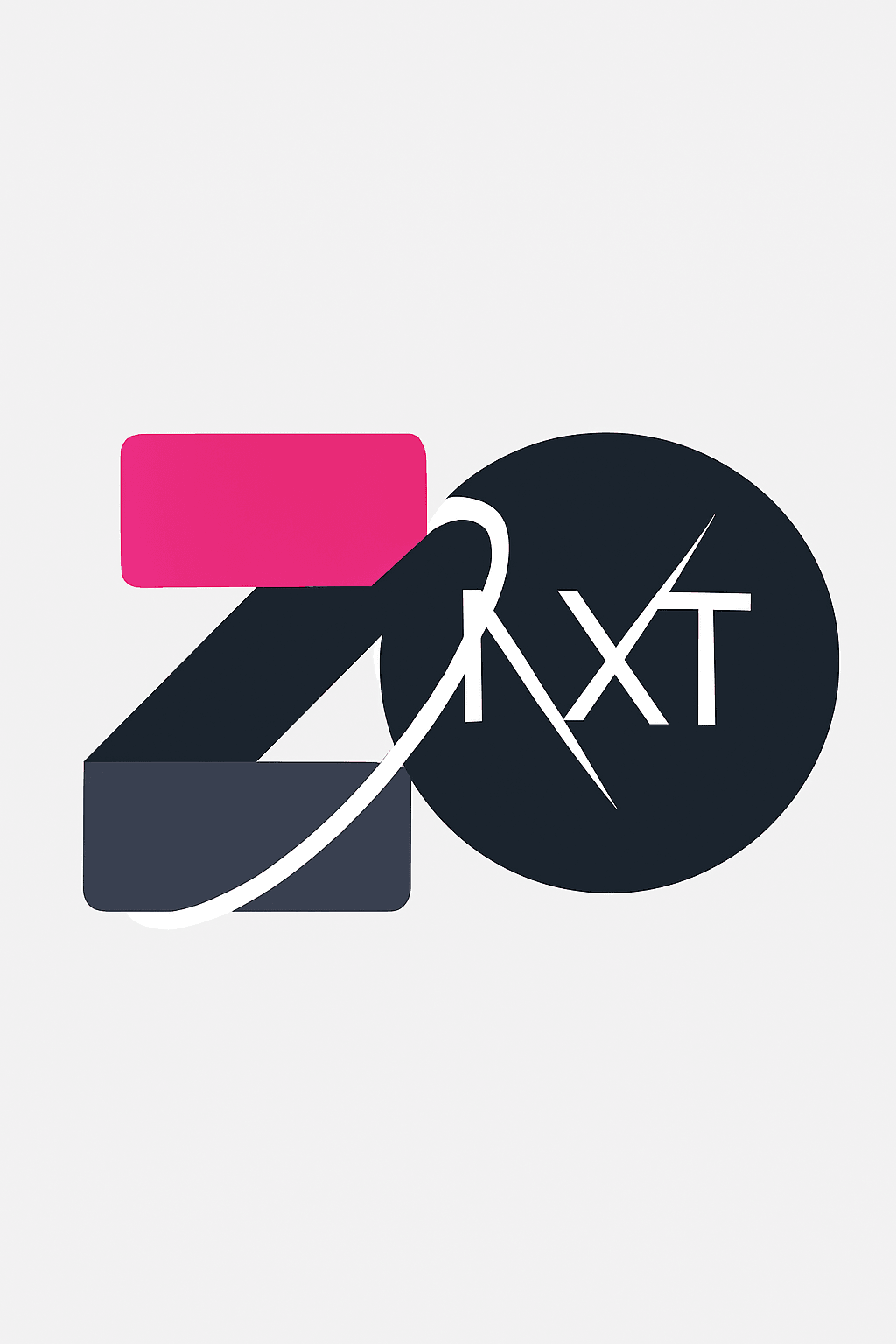The Power of AI Assistants: Smarter Support, Faster Results
Author
Date Published
How AI Assistants Drive Speed, Scale, and Personalization?
In today’s fast-paced digital world, users expect instant responses, personalized experiences, and around-the-clock support. That’s where AI assistants come in—not just as a tech trend, but as powerful tools transforming how businesses operate and interact with customers. Whether you're a solo founder, a startup team, or an enterprise, adopting AI assistants is no longer optional—it's a competitive advantage.
What Are AI Assistants?
AI assistants are software agents that use artificial intelligence, machine learning, and natural language processing to perform tasks, answer questions, and automate workflows. These can range from simple chatbot scripts to advanced multi-channel conversational agents powered by open-source platforms like n8n and Botpress.
Unlike traditional automation, AI assistants learn, adapt, and can even trigger actions across different tools and services. Think of them as your digital co-workers—always on, always improving.
Why Use AI Assistants?
Let’s break down the real-world benefits that AI assistants bring to the table:
1. 24/7 Customer Support
- Example: An eCommerce store uses Botpress to create a multilingual chatbot that handles product inquiries, returns, and order tracking—even while the team sleeps.
- Result: Reduced support workload, faster response times, and happier customers.
2. Automated Workflows That Scale
- Example: Using n8n, a solopreneur automates lead capture from Typeform to HubSpot, triggers a Slack notification, and sends a welcome email—all without writing code.
- Result: Saves hours each week and eliminates repetitive manual tasks.
3. Improved Engagement & Retention
- Example: A SaaS company deploys a personalized onboarding assistant that guides users through setup, nudges them with helpful tips, and tracks their progress.
- Result: Increased activation rates and better user retention.
4. Data-Driven Insights in Real-Time
- AI assistants can analyze interactions and pull insights into tools like Notion, Airtable, or internal dashboards.
- Example: A startup uses an AI assistant to analyze support tickets and flag trending issues, helping product teams prioritize fixes faster.
5. Cost Efficiency Without Sacrificing Quality
- Hiring and training support teams is expensive. AI assistants can handle a high volume of tasks at a fraction of the cost.
- Bonus: Open-source tools like Botpress and n8n reduce vendor lock-in and offer enterprise-level customization.
Why Open Source? (And Why It Matters)
Open-source platforms like Botpress and n8n are game changers. Here’s why:
- Full Control: Customize workflows, language models, and integrations without hitting paywalls.
- Security: Host everything on your infrastructure, ensuring data privacy and compliance.
- Community-Driven Innovation: Get access to plugins, templates, and expert support from developers worldwide.
- Cost Transparency: No unpredictable fees or usage-based billing.
Getting Started: Practical Steps
If you're ready to implement AI assistants in your business, here’s a simple roadmap:
1. Define Your Use Case
- Customer support, lead generation, onboarding, etc.
2. Choose the Right Tool
- n8n: Best for visual workflow automation
- Botpress: Best for building advanced, multi-language chatbots
3. Start Small, Scale Fast
- Automate one simple task. Then gradually add more complex flows.
4. Train Your Assistant
- Use real customer data to improve conversations and decision logic.
5. Measure and Optimize
- Track KPIs like response time, ticket deflection rate, user satisfaction.
Top AI Assistants to Use Today
1. GitHub Copilot
Your always-on code buddy. It autocompletes code, helps with complex logic, and saves hours daily.
2. Cursor IDE
A VS Code-style AI IDE that chats with your codebase. Understands context, autocompletes intelligently, and supports debugging.
3. ChatGPT (with Code Interpreter)
Your go-to for explanations, code refactoring, Regex, SQL queries, and more. Great for learning and brainstorming.
4. Continue.dev
Open-source Copilot alternative with full transparency and customization. Privacy-friendly and extendable.
5. Codeium
A fast-growing, free Copilot rival with support for over 40 languages, even in Vim.
AI for More Than Just Code
AI assistants aren’t just dev tools—they’re work accelerators across the stack:
- Design: Use tools like Uizard or Magician to convert text to UI
- Content: Generate blog posts, documentation, changelogs, and emails with AI
- Marketing: AI for A/B testing, copywriting, and SEO
- Ops: Automate server health checks, alerts, and reports with AI agents
Final Thoughts
AI assistants aren’t the future—they’re the present. Whether you’re bootstrapping a SaaS, scaling a dev team, or learning to code, these tools unlock real productivity gains. The developers embracing AI aren’t getting replaced—they’re moving faster, learning more, and leading the charge.
Master your tools. Scale your output. Work smarter, not harder.
It’s not hype. It’s here. And it’s already changing the game.

AI Tools Revolutionizing Development: Key Software to Master by 2025
In 2025, AI isn't a trend—it’s the baseline. From coding to deployment, AI tools can 10x your productivity.

Framer Motion for Smooth Transitions in App Router (Next.js 14+)
Pairing Next.js App Router with Framer Motion is the go-to for smooth, responsive page transitions and micro-interactions.
Comments0
No comments yet. Be the first to comment!